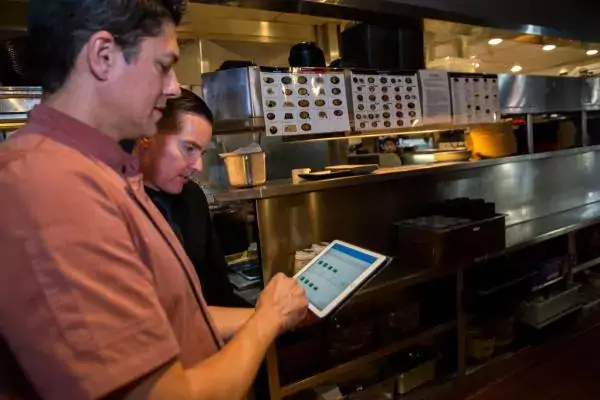When shopping in a grocery store or retail store of any kind, today’s customers are looking for one thing: value. One way that retailers can entice customers with “as much bang for your buck” is through private-label products. According to research by IRI, there can be a 28% price gap between private labels and brand names—in some categories up to 50%—and that kind of value can bring customers coming back for more.
The Recession Lingers
Consumer preference for private-label products is in part a testament to the lingering effects of the recession and difficult economic times. Surveys conducted during the recession found that 93% of shoppers had changed their shopping habits since the stock market tumble. IRI’s research found that 40% of consumers “remain financially challenged” and brand names suffer as a result. “Affordable brands mean something different to every shopper, on every trip and down every aisle. How to define it at any given moment of purchase is the trick,” Susan Viamari, editor of IRI Times & Trends. It means customers are still in the mentality of “every little bit counts” and retailers should accommodate that whenever possible.Private-Label Gap Shrinks
As the economy rebounds and consumers’ financial situations improve, more name brands are trying to emphasize value and more premium private-label varieties are hitting the market. National brands are ramping up efforts to capture share, according to IRI. This trend is especially prevalent in the grocery industry. Whole Foods announced it will roll out of “365 Stores,” which will feature only private-label products from their 365 brand. While it may be difficult for the company to come back from their recent pricing scandal, their attempt to provide more value to customers may pay off in regaining customer loyalty. Just in the month of September, Food Lion has launched a private-label produce line, and Kings launched a private-label line featuring specialty items. Meanwhile, Meijer is combining its Meijer Naturals and Meijer Organic product lines into one line called True Goodness. These grocers must be onto something when even Internet behemoth Amazon announced earlier this summer that it plans to launch private-label grocery items.Why Does It All Mean for CPG Companies and Retailers?
More competition means less room for error in delivering quality and consistency. The pressure is on to not only meet consumer expectations for quality, but also to respond to an increasingly crowded private-label market. What operational change will you make to gain an advantage on your competitor?Subscribe to our blog
You are now subscribed!


